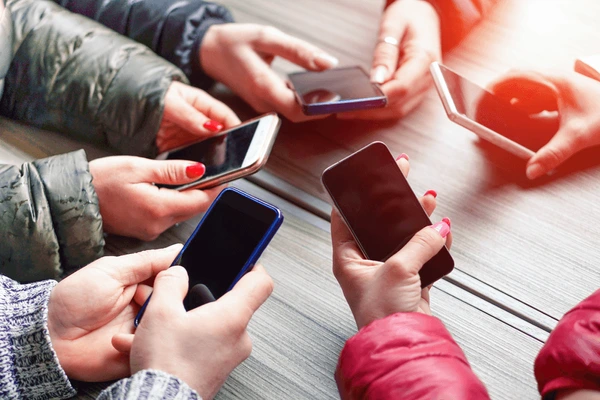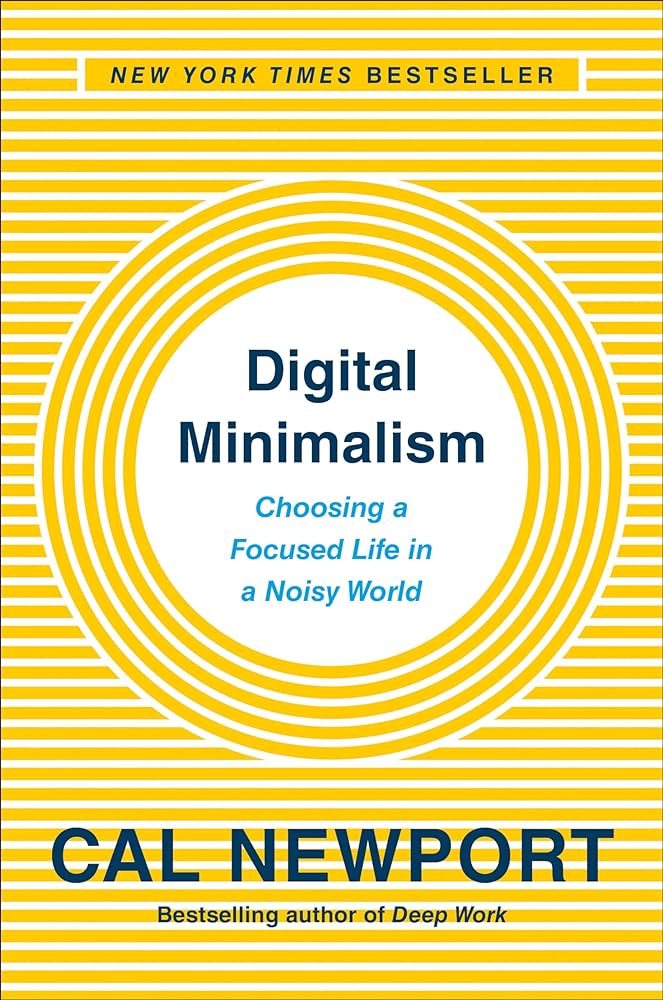In today’s digitally driven world, the overuse of phones has become a widespread concern. As we look further into this topic, it’s important to understand the causes and consequences of overuse of phones look at self-help techniques, and consider available treatments.

The reasons for and consequences of internet addiction and overuse of phones
There are several reasons why individuals use their phones inappropriately. Smartphones are an essential tool for information, entertainment, and communication due to their accessibility and ease of use. But this continual connectivity may also end in addiction and dependency. This issue gets worse with social media sites, online games, and instant messaging applications, all of which are made to draw users in and promote prolonged use.
The effect of the overuse of phone addiction and internet addiction is quite profound. Physically, excessive use of screens can cause inactivity, sleep disorders, and eye strain, all of which raise the risk of obesity along with health problems. It can lead to severe tension, anxiety, and depression mentally. The brain may become stressed with information and notifications all the time, which can shorten attention spans and impair memory.
Overuse of a phone leads to social isolation and a decline in physical contact. As people value their virtual lives above real-life connections, relationships may suffer. In addition, this kind of behavior could end in an inflated view of reality, where validation from online comes across and takes priority over experiences gained in the real world.
Self-Help for Overuse of Phone Addiction
Addressing phone addiction requires a proactive approach. Here are some self-help strategies to consider:
- Set Boundaries: Establish specific times when phone use is allowed and stick to them. This may promote the growth of a positive online offline balance.
- Use Apps Wisely: Utilize apps that monitor and limit screen time. These tools may help with establishing limitations and provide insights into patterns of usage.
- Create Tech-Free Zones: Designate certain areas in your home, such as the bedroom or dining room, as tech-free zones to encourage offline interactions and relaxation.
- Engage in Offline Activities: Pursue hobbies, book reading, and activities that do not involve screens, exercising, or spending time outdoors.
- Participate in Mindfulness: You can become more mindful of how you use your phone and how it affects your health by practicing mindfulness. Techniques such as meditation can reduce the urge to check the phone constantly.

Effects on Emotional Well-Being
Overuse of phones has a variety of effects on mental health. It could cause existing mental health problems to worsen and lead to the emergence of new ones. For instance, prolonged phone use has been linked with higher levels of anxiety and sadness. Social media’s comparison culture can cause low self-esteem and feelings of inadequacy in oneself. Furthermore, an ongoing need for approval from likes and comments can lead to dependency and a decline in general well-being.
In addition, a phone addiction can interfere with sleep cycles, which can result in insomnia and poor-quality sleep. Many mental health problems, such as mood swings, anger, and cognitive impairments, have been linked to sleep deficiency. The hormone melatonin, which controls sleep, may be inhibited by the blue light emitted by screens, making sleep issues worse.
The physical expression of overly phone use
In the context of excessive phone use, “physical perfection” refers to the unattainable ideals frequently propagated by the internet along with other online platforms. These platforms typically showcase idealised lives and images, which might lead to a skewed understanding of reality. This continuous exposure may cause:
Body Image Issues: Individuals may experience negative body image problems as a result of the carefully chosen and edited images they view on social media. People can experience body dissatisfaction as a result of feeling forced to achieve these unrealistic standards.
A comparison Culture: Emotions of weakness and low self-esteem might result from constantly comparing oneself to these portrayed images. This may make mental health conditions like sadness and anxiety worse.
Extreme Dietary and Exercise Restrictions: In a try to get to these unrealistic targets, people may adopt intense fitness regimens or strict dietary recommendations, which can be harmful to their physical health.
Cosmetic therapies: The search of physical perfection can also push people towards unnecessary cosmetic procedures, which raises the risk of both psychological and medical issues.
Treatment for Overuse of Phone and Internet Addiction
Professional treatment may be necessary for individuals struggling with severe phone and internet addiction. Here are some treatment options:
- Cognitive Behavioral Therapy (CBT): CBT is an effective treatment for phone addiction. It helps individuals identify and change negative thought patterns and behaviors associated with excessive phone use. You can look for resources to facilitate the treatment
- Digital Detox Programs: These programs involve a period of time during which individuals abstain from using digital devices. This break can help reset habits and reduce dependency.
- Support Groups: Joining support groups can provide a sense of community and shared experiences. Sharing struggles and strategies can be therapeutic and motivating.
- Professional Counseling: Consulting a mental health professional can provide personalized strategies and support for managing phone addiction.
Also, give a read on how to establish a tech-free zone at home
FAQs
- What are the signs of phone addiction? Signs of phone addiction include constant checking of the phone, inability to reduce usage, neglect of personal and professional responsibilities, and experiencing anxiety or distress when the phone is not accessible.
- How does phone overuse affect mental health? Phone overuse can lead to anxiety, depression, stress, sleep disturbances, and reduced cognitive function. It can also negatively impact social relationships and contribute to a sedentary lifestyle.
- What are some effective strategies to reduce phone usage? Effective strategies include setting boundaries, using apps to monitor and limit screen time, creating tech-free zones, engaging in offline activities, and practicing mindfulness.
- When should one seek professional help for phone addiction? Professional help should be sought if phone addiction is severely impacting daily life, mental health, and relationships. Signs include an inability to control usage despite negative consequences and significant distress caused by phone use.
- What treatment options are available for phone and internet addiction? Treatment options include cognitive behavioral therapy, digital detox programs, support groups, and professional counseling.